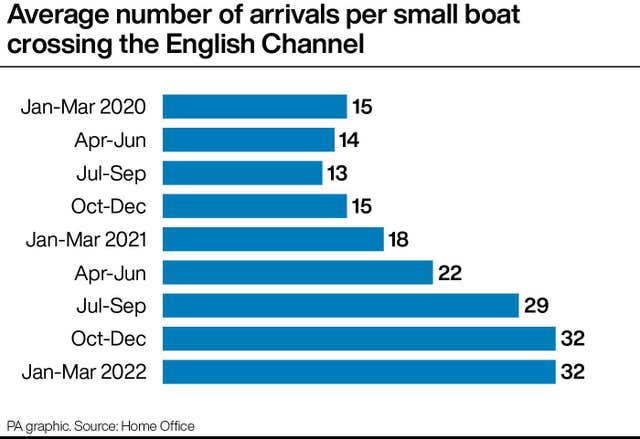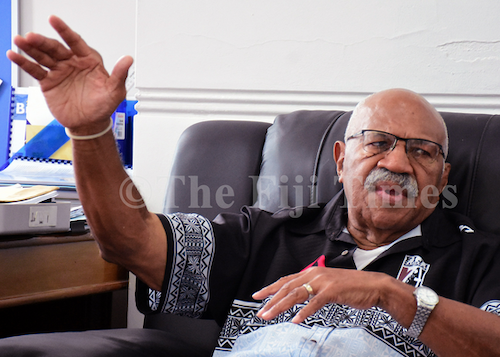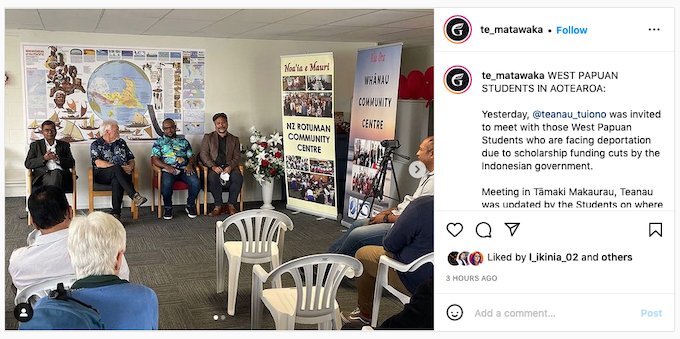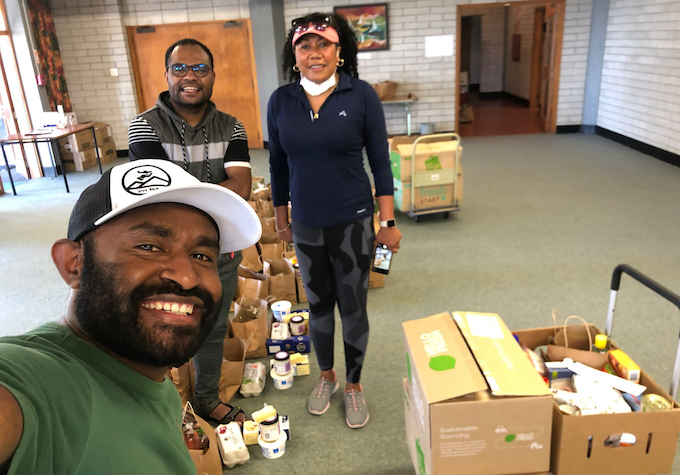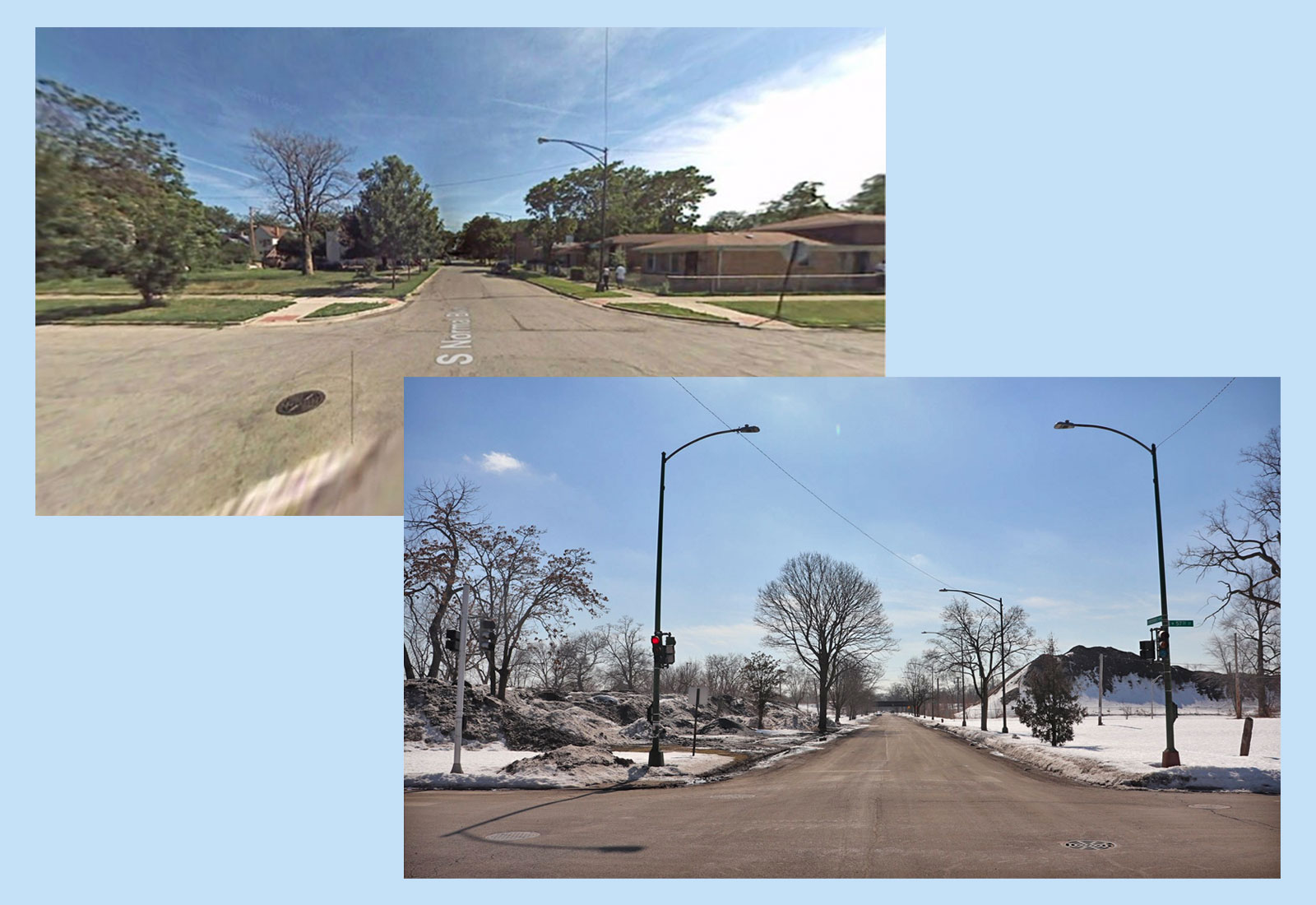On 14/04/2022, the Home Secretary Priti Patel announced a new initiative to combat the incorrectly named ‘illegal’ crossings in the English Channel: those that cross the Channel seeking to claim asylum will be removed from the UK and placed in Rwanda, where they will then have the chance to claim asylum. During the announcement speech, Johnson referred to the November 2021 tragedy, where 27 people lost their lives crossing the Channel, in order to promote and rationalise this new policy. This is not the first-time fatalities in the Channel have been used to justify cruel and inhumane policies. Over the last decade, Channel crossings have been weaponised, used to push a political agenda that advocates for a harsher and more restrictive immigration system. Across government and the general public, we have witnessed a growing appetite to default on the moral and legal obligations we have towards those fleeing war, persecution and destruction. Successive governments have created policies (like the Rwanda initiative) to deter refugees and contain them in the Global South, thereby denying refugees their human right to claim asylum.
In this immoral crusade against our obligations to refugees, the Johnson government’s most prominent strike is the extremely controversial Nationality and Borders Bill. Amnesty International has shown explicit concern about this bill, drawing attention to the following provisions (Amnesty International, 2022):
- It would penalise and criminalise asylum seekers depending on the way they arrive in the UK. (e.g., crossing the Channel)
- It would give government the power to strip people’s British citizenship without notice.
This bill has been widely condemned for its likelihood to violate human rights, international and domestic law. Despite the already problematic nature of this Bill, the November 2021 tragedy was used by several Conservative MPs to not only advocate for further-reaching provisions to be added, but also to attack human rights (Riley-Smith, 2021). Conservative MP Sir Edward Leigh said that “We have to be tough. We have to face down the human rights lawyers. If governments are weak, people die.” (Riley-Smith, 2021).
Leigh’s statement reflects a sentiment select Conservative MPs have expressed. They argued that if the UK forcefully repels refugees and continues to perpetuate the hostile environment created by then-Home Secretary Theresa May, less people would try to cross the Channel. Subsequently, fatalities would fall. However, the refugee’s human rights prevent them from doing this. Effectively, these MPs have argued that if the government continues to respect the human rights of refugees and their legitimate claims to asylum, we are actively perpetuating dangerous and fatal Channel crossings.
This rhetoric displayed by these MPs leads us away from a universal understanding of rights to an exclusionary position where they can be given and taken in pursuit of political goals. Here, these Conservative MPs are advocating for an exclusionary interpretation of the Universal Declaration of Human Rights, where Article 14 can be suspended for some in order to ‘stop’ Channel crossings. This interpretation of human rights is not isolated to the issue of the refugees. In their 2021/22 International Report, Amnesty International has warned that several pieces of the government’s proposed legislation have the potential to erode human rights for all of us here in the UK (Amnesty International, 2022, pg.388-389). In addition to the Nationalities and Borders Bill, Amnesty mentions the Police, Crime and Sentencing Bill (PCSB) and proposed changes to the Human Rights Act (HRA) (Amnesty International, 2022, pg.388-389). Within these Bills, Amnesty highlights two potential breaches to human rights law: (1) the PCSB’s threat to our Freedom of Assembly and ability to protest and (2) how the proposed changes to the HRA would make it harder for UK citizens to make Human Rights claims, diminishing the UK’s accountability (Amnesty International, 2022, pg.388-389).
These potential breaches of human rights law alone have grave consequences for all UK citizens. The Johnson government want to silence those who wish to challenge the government by restricting our right to protest. They want to restrict our ability to make human rights claims to supernational bodies (e.g., Council of Europe) when we have exhausted domestic means. This diminishes the UK’s accountability to the international community, an analysis shared by Amnesty UK’s campaign manager, Laura Trevelyan. Trevelyan stated that the proposed changes to the HRA are an attempt to take away the power of the general public, to suffocate their ability to challenge the government and the decisions they make (Badshah, 2022).
By advocating for this exclusionary and restrictive interpretation of human rights, we demote these rights to mere privileges that can be taken and given at the will of governments (Bhambra, 2017, pg.404). Human rights were based upon the model of natural rights where they are derived from our shared humanity (Donnelly, 1982, pg.391). This interpretation adopted by Johnson’s government contradicts the very nature of human rights. This is why human rights must exist outside the law and remain inalienable: to ensure their universal enjoyment without the threat of governments or states. Without these protections, we will see oppression flourish, leaving some without the basic rights that enable them to live full, human lives.
But alas, the government has landed a devastating blow. Since I started writing this article, the Nationality and Borders Bill and the Police, Crime and Sentencing Bill have now been passed. These bills will severely restrict everybody’s access to certain freedoms and rights. We face this threat universally because the erosion of human rights anywhere in society will affect us all. Regardless of where one stands politically, giving governments legislative power to restrict access to certain rights is an extremely dangerous precedent. One that promoted the creation of human rights. These bills have no place in a healthy democracy.
But it is not too late. We must continue to push against this exclusionary and restrictive vision for human rights. We must challenge the government and show that we will not accept privileges, only rights. We must be guaranteed that no piece of UK legislation will ever be used to infringe on our human rights. We are entitled to these rights, as human beings, regardless of whether we are UK citizens or refuges. We have to all speak out. We have to transcend their attempts to divide us. We have to be united.
That is my plea: let us speak out together in order to protect our freedoms and human rights. Because if we shout loud enough, they will have to listen.
Bibliography
Amnesty International, Amnesty International Report 2021/22: The State of the World’s Human Rights, Amnesty International Ltd, 2022
Badshah, Nadeem, ‘Amnesty hits out at Tory plans to replace Human Rights Act with bill of rights’, The Guardian, Guardian News & Media Limited, 2022, https://www.theguardian.com/law/2022/mar/27/amnesty-hits-out-at-tory-plans-to-replace-human-rights-act-with-bill-of-rights
Bhambra, Gurminder K., ‘The current crisis of Europe: Refugees, colonialism, and the limits of cosmopolitanism’, European Law Journal, Vol.23, No.5 (2017), John Wiley & Sons, Inc., pg.395-405
Donnelly, Jack, ‘Human Rights as Natural Rights’, Human Rights Quarterly, Vol.4, No.3 (1982), John Hopkins University Press, pg.391-405
Riley-Smith, Ben, ‘Scrap the Human Rights Act or more people will die in the Channel, warn Tory MPs’, The Telegraph, 2021, www.telegraph.co.uk/news/2021/11/25/scrap-human-rights-act-people-will-die-channel-warn-tory-mps/
